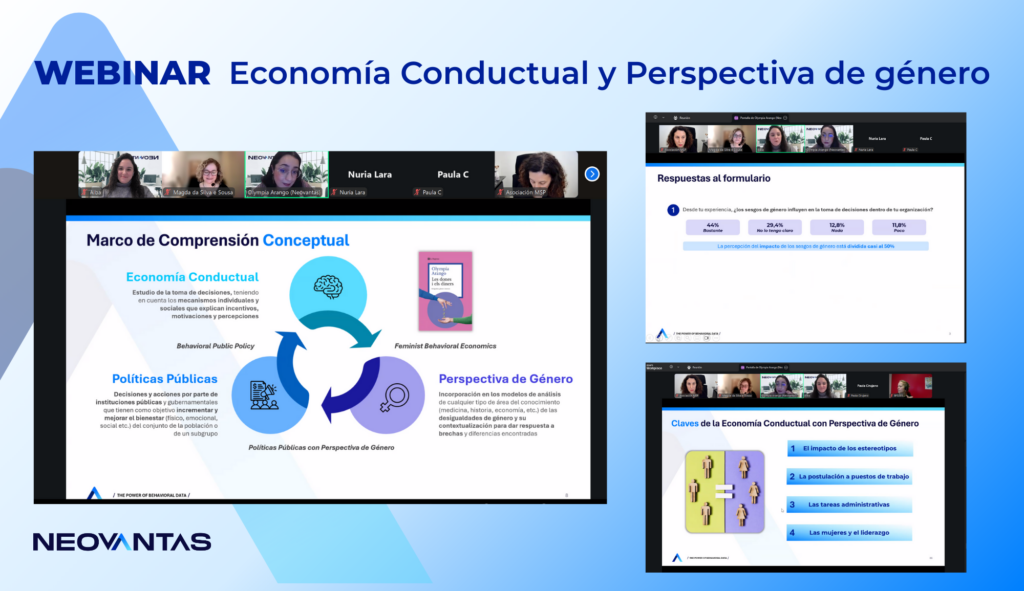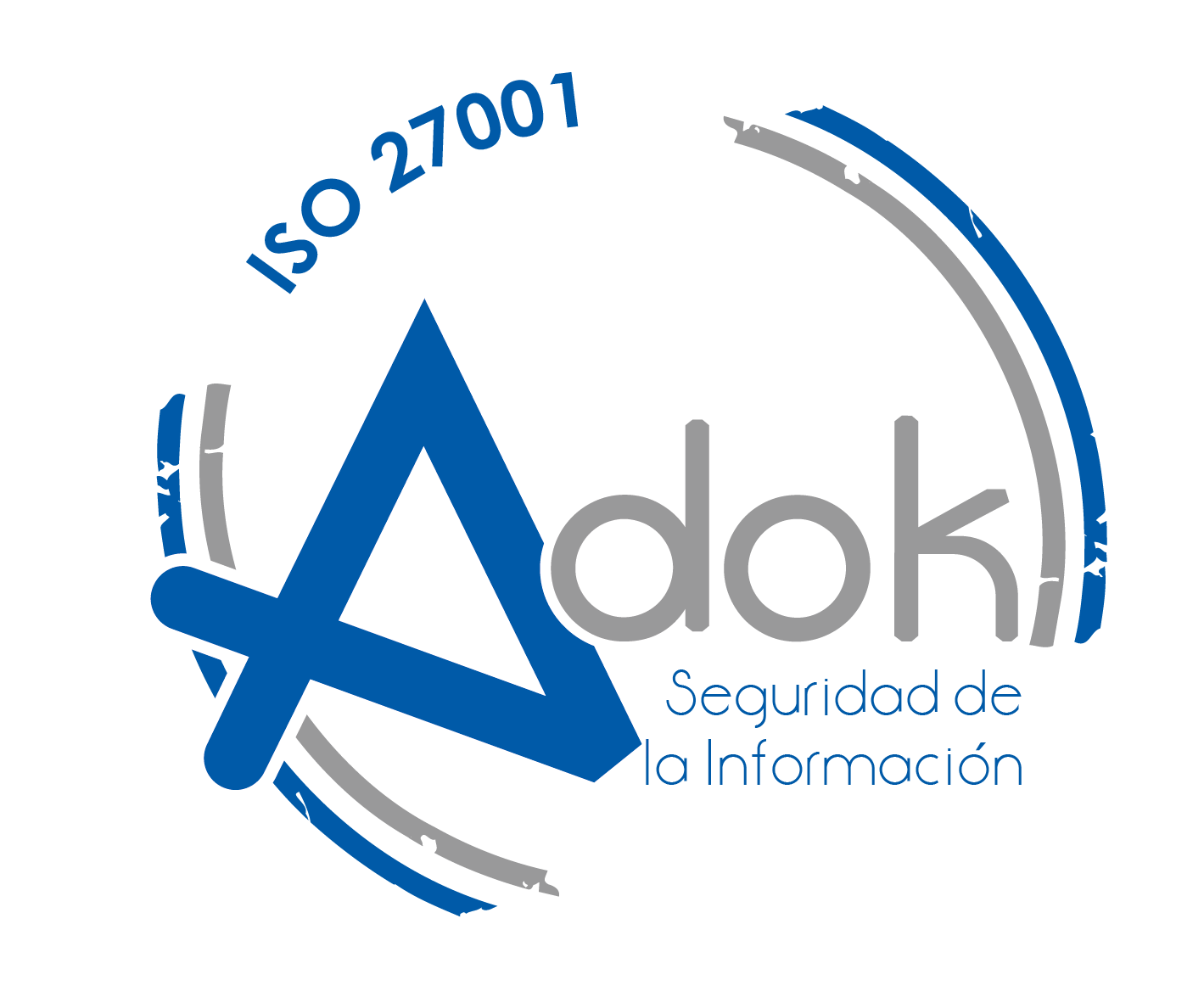Call centers represent one of the greatest missed opportunities in the retail and service industries. Over and again, companies launch major call center initiatives in areas such as problem resolution and retention, cross-sell and customer acquisition, only to see disappointing results and inadequate explanations as to why.
It is not for lack of trying. Realizing the need to improve the individual success of telephone representatives, call centers have adopted a suite of tactics that include training, coaching, incentives and various kinds of computer-based sales tools. High employee turnover in call centers only reinforces the need for these basic measures.
Yet even as the urgency for performance improvement rises, there is little clear guidance on the measures that will be most effective. Management remains stuck in a murky world of anecdotes, intuition and corporate mythology. Beyond simple productivity metrics, there is little analytical feedback on the conversational success factors that drive superior results in sales, service and customer satisfaction.
Most call centers have little systematic information about caller profiles; can’t pinpoint the techniques that are most effective in closing sales and resolving problems; and don’t compile or analyze information about the nature of customer objections or indications of satisfaction. This is a lost opportunity for the parent company as well, given that the call center is a potential source of rich insight into effective customer interaction across the enterprise.
To be sure, there have been significant advances in speech recognition software in recent years, which is a technological achievement unto itself. Yet tabulations of such data have proved of limited value in the call center, providing better descriptions of conversational highlights but not as much insight as hoped into the factors that cause various outcomes.
This picture is changing with the introduction of “speech analytics,” which statistically examine call center transcripts to identify the verbal patterns most closely associated with key outcomes, both successes and failures. When married with a feedback system for call center reps, speech analytics provide a basis for continuous improvement in conversational techniques.







